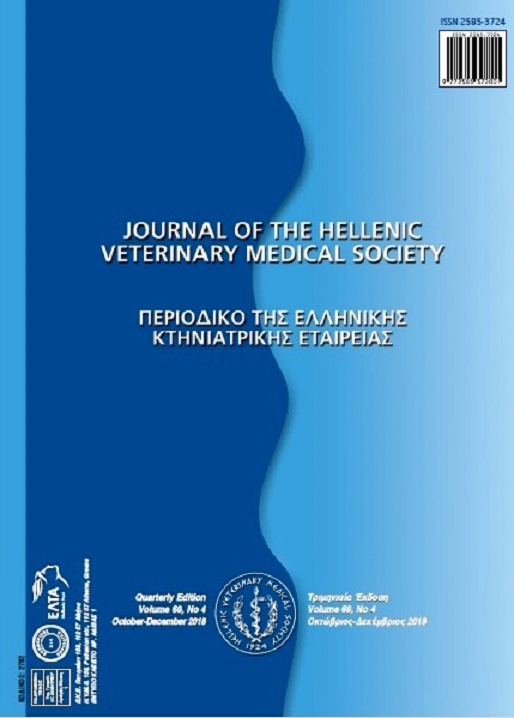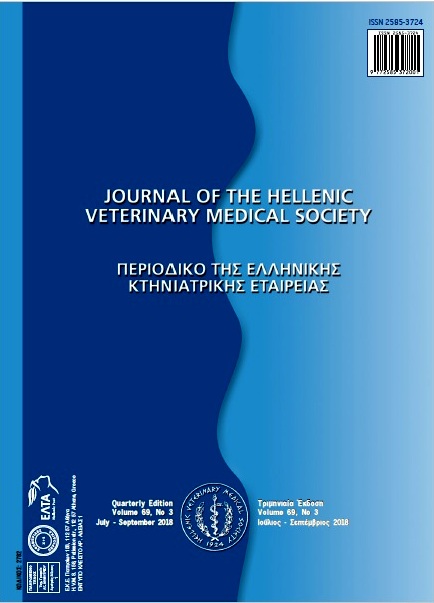Association of polymorphisms in the CSN2, CSN3, LGB and LALBA genes with milk production traits in Holstein cows raised in Turkey

Abstract
A polymerase chain reaction-restriction fragment length polymorphism (PCR-RFLP) test was performed on DNA samples extracted from blood samples of 189 Holstein Friesian cows to detect genotypic distribution of polymorphic markers in the bovine beta-casein (CSN2), kappa-casein (CSN3), beta-lactoglobulin (LGB) and alfa-lactalbumin (LALBA) genes responsible for milk production traits. Statistical analysis was carried out using least square methods of the general linear model (GLM) procedure. CSN2 locus was significantly associated with the following traits: 305-day milk yield, days before peak milk production, fat percentage and protein yield. There was no significant effect of CSN3, LGB and LALBA markers on the traits analysed. These results suggested that CSN2 marker may be evaluated in selection programmes regarding not only milk content but also milk production.
Article Details
- How to Cite
-
SOYUDAL, B., ARDICLI, S., SAMLI, H., DINCEL, D., & BALCI, F. (2019). Association of polymorphisms in the CSN2, CSN3, LGB and LALBA genes with milk production traits in Holstein cows raised in Turkey. Journal of the Hellenic Veterinary Medical Society, 69(4), 1271–1282. https://doi.org/10.12681/jhvms.19617
- Issue
- Vol. 69 No. 4 (2018)
- Section
- Research Articles

This work is licensed under a Creative Commons Attribution-NonCommercial 4.0 International License.
Authors who publish with this journal agree to the following terms:
· Authors retain copyright and grant the journal right of first publication with the work simultaneously licensed under a Creative Commons Attribution Non-Commercial License that allows others to share the work with an acknowledgement of the work's authorship and initial publication in this journal.
· Authors are able to enter into separate, additional contractual arrangements for the non-exclusive distribution of the journal's published version of the work (e.g. post it to an institutional repository or publish it in a book), with an acknowledgement of its initial publication in this journal.
· Authors are permitted and encouraged to post their work online (preferably in institutional repositories or on their website) prior to and during the submission process, as it can lead to productive exchanges, as well as earlier and greater citation of published work.



